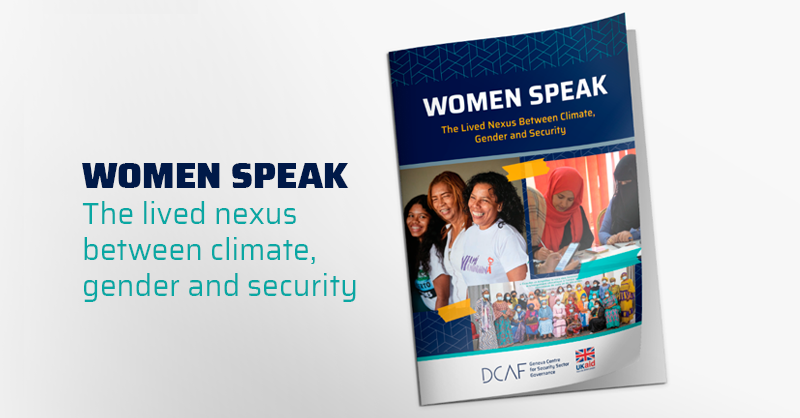Women speak on climate change and security
Climate change and environmental degradation are a defining threat to peace and security in the 21st century. The increasing frequency and severity of natural disasters, growing scarcity of resources, and the long-term effects such as forced migration are exacerbating existing tensions and fueling new conflicts.
However, climate security risks also present opportunities for state and non-state actors to develop cooperative, inclusive, and sustainable “climate-security” practices.
As awareness and pressure grows, there are important questions to be answered: what might make us more secure in a world shaped by climate change? What role can the security and justice sectors play in responding to climate-induced crises - and in tackling the factors that drive climate change?
The gender aspect is also crucial. Research shows that women usually bear the brunt of conflicts over land and natural resources, climate-related displacement, and gender-based violence.
“If you are the person who is affected by climate change, you should be the one who suggests ideas that give positive results.” - Safa Abdullah Obaid, Southern Women for Peace Group
DCAF is working to amplify women’s voices so they can share their experiences of how climate impacts increase security, and contribute to a growing understanding of how policies around climate change and the Women, Peace, and Security agenda can be mutually reinforcing.
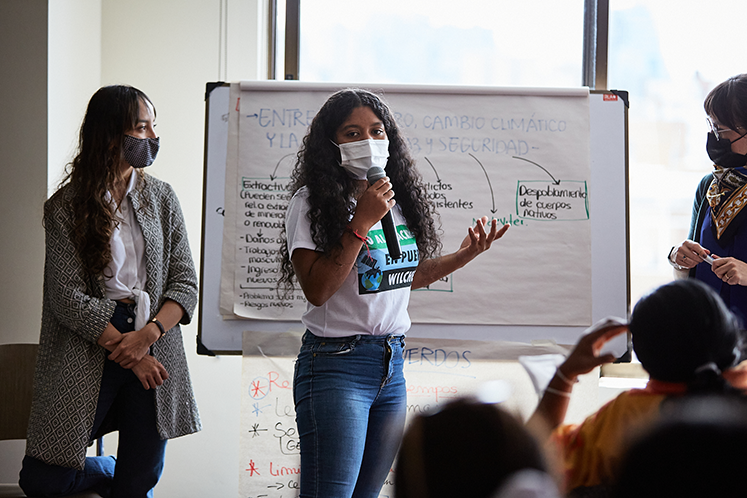
A workshop in Colombia in November 2021, where women’s rights organisations
developed their skills to advocate on the issue of climate change in their country’s
peace and security processes. Photo: Camilo Bernal, En Algún Lugar
In Colombia, Mali, and Yemen, we have been helping women to put their concerns about climate change and security on the agenda through supporting women’s organizations and networks.
For our report, “Women Speak”, that was launched at the United Nations in New York, 68 women’s rights organizations came together to contribute to set of recommendations to guide programmes and policy makers. Available in English, French Spanish and Arabic, it provides unique insight women’s experiences with climate change, and what will take to have inclusive, and sustainable, peace and security.
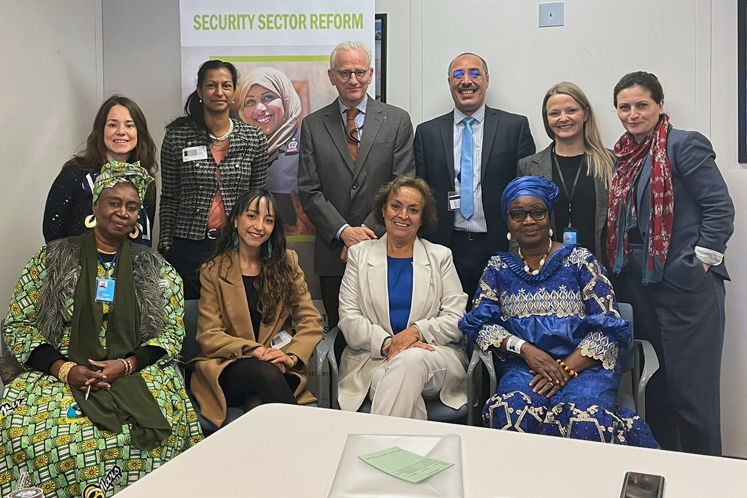
Launch of “Women Speak” in New York, March 2022. Photo UN women

For more on the links between gender, climate change and security – and the role the security sector can take in addressing the issues – in these recent resources:
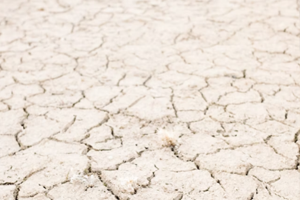
READ: Friend or foe? The security sector’s role in addressing climate-related gender-based violence
This report shares the key issue raised in a webinar gathering experts from Latin America and the Caribbean, the Pacific, Europe, and West Africa. They discussed the intersections between gender-based violence and climate security, and how the security sector can minimize gender-based violence related to climate change.
WATCH: Six videos with testimonials from women experiencing the impact of climate change on their lives and building skills to advocate for a change

READ: Preparing for the coming storm
What are climate change security risks? Where are the sources of resilience and opportunities for the security sector to respond to the needs of communities and respect human rights in responding to disasters and humanitarian emergencies? Find the answers in the report.
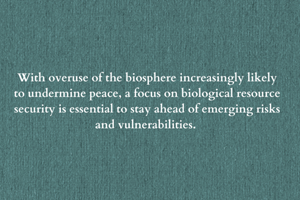
VISIT: Defining limits: Ecological overshoot as a driver of conflict
Abigail Robinson and Viola Csordas for DCAF with Global Footprint Network, shared their views on how the growing imbalance between what is consumed and what the planet can regenerate, biological resources will play an increasingly central role in security and conflict in the coming years.
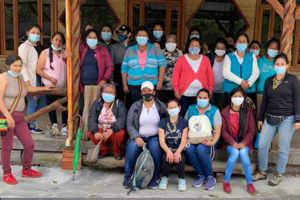
READ: Indigenous and rural women's voices: recommendations to address climate security risks
Rural women are disproportionately affected by climate-related issues due to their social roles and limited access to, use of, and control over resources, as well as access to justice and decision-making processes. This study shares actionable recommendations for designing local context-specific indicators to collect evidence on the impacts of the climate crisis on rural and Indigenous women’s security conditions.
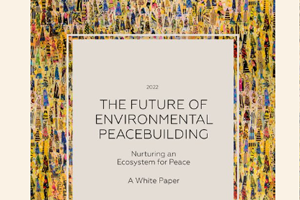
READ: White paper on the future of environmental peacebuilding: nurturing an ecosystem for peace
This white paper is inspired by many voices. It emphasizes the growing assortment of approaches, ideas and visions for the future of environmental peacebuilding. It shares some of the key challenges to environmental peacebuilding practice, and important opportunities to harness the environment for peace.
If you are interested in the impact of climate change in the Amazon basin, you could be interested in our new video series of community activists:
WATCH young activist Darien Castro from Ecuador, who works with the local organization ‘Wings for Amazon’.
WATCH young activist Walter Oliveira from Brazil , who works with the local organization ‘Saudade e Alegria’.
 Share on Facebook
Share on Facebook Share on Linkedin
Share on Linkedin Share on Twitter
Share on Twitter